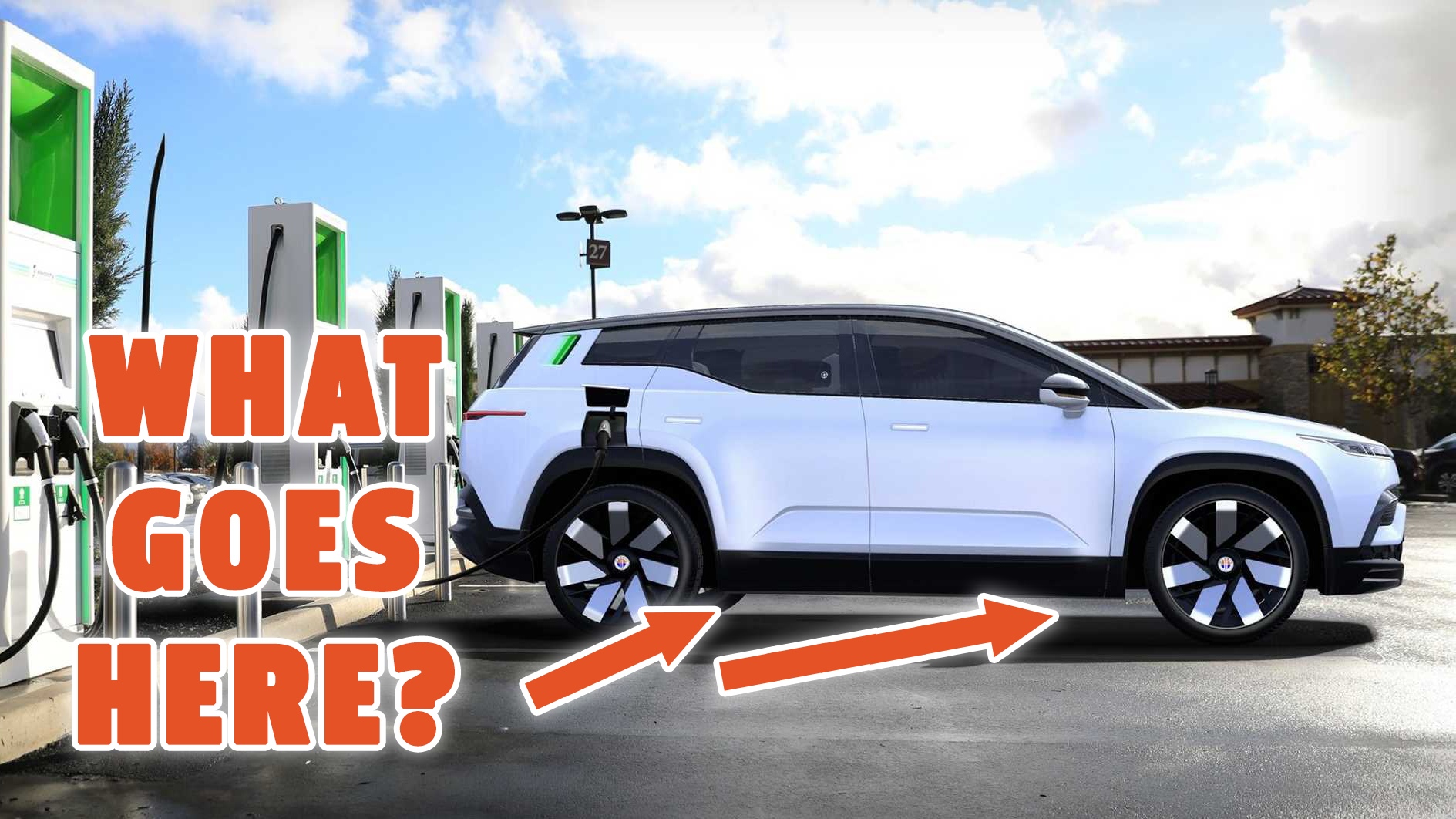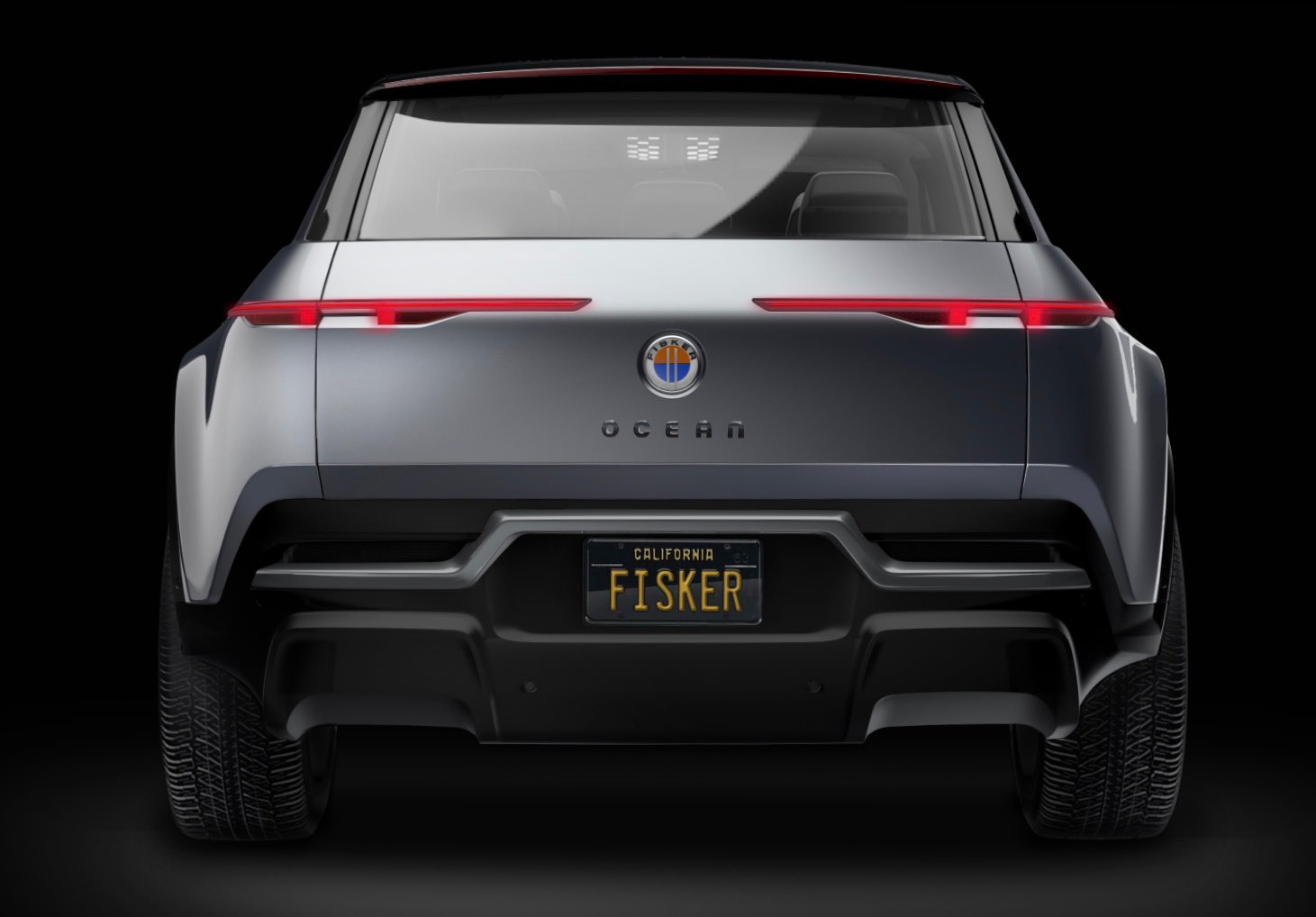Volkswagen Delays Deal To Supply A Powertrain For Henrik Fisker's New EV
Buried as almost a passing note in a recent investor presentation by car designer and EV startup founder Henrik Fisker was news that Volkswagen has delayed negotiations to supply powertrain parts for his company's upcoming Ocean crossover. Sounds like a big problem.
Fisker Inc. is Mr. Fisker's latest attempt at building some cars, having famously worked on the Aston Martin DB9, BMW Z8, and then attempting his own thing with the original Fisker Karma hybrid. A 2012 hurricane damaged the company's inventory, resulting in bankruptcy and the tooling for that car being sold off to become what is now branded as the Karma Revero, totally divorced from its original creator's company.
Now he's trying again, sticking with the Fisker name (this time as "Fisker Inc." instead of "Fisker Automotive") but now with fully electric vehicles, not that compromised hybrid crap. The first production EV is planned to be a crossover called the Ocean.
Fisker claims the Ocean will put out 300 horsepower and be able to recharge up to 200 miles in 30 minutes, with a total targeted estimated range of around 250 miles.
But for a while, the open questions have been the big ones. Like, where Fisker plans to source all of this state-of-the-art EV technology and how he plans to build it. According to The Verge, the plan was to have a deal in place by the end of July to source the all-configurable electric MEB platform from Volkswagen.
But that didn't happen, The Verge reports:
In a scripted presentation to investors filed with the Securities and Exchange Commission (SEC) early Friday morning, founder Henrik Fisker says his company has "not achieved our goal of signing a cornerstone agreement with VW by the end of July 2020 as we previously anticipated." The agreement is supposed to lock in costs, production capacity, and a production timeline.
Fisker says he "look[s] forward to continuing discussions with VW again in September after the traditional European summer holidays," but adds that Fisker Inc. remains "in conversation with several other potential OEMs and suppliers."
"It is a reality when working with world-class partners that they might not move at our speed," Fisker says. "This is something of which we must be respectful."
This could be a huge problem for Fisker Inc., as it's already advertised and sold deposits for a vehicle with certain projected performance—deposits it accepted without even knowing for certain what the fundamental hardware of the vehicle would be. Any major changes from here could mean major changes to the Ocean as advertised. If they're changes for the worse, expect to refund some deposits.
It's unclear what other potential partners Fisker is in talks with, but Tesla recently offered to sell its technology to industry competitors again. Rivian has also already made deals with Ford, Lincoln, and Amazon utilizing its new EV pickup platform.
But considering how finalized the Ocean appeared to be when Fisker announced it, the company seems likely to be tied to working out this Volkswagen deal or face a massive redesign and delay of its production plans. Let's hope Vokswagen's vacation is a good one, for Fisker's sake.
Update: Here's a statement from Fisker Inc.:
"We deliberately created our mobility technology and designed the Fisker Ocean to be flexible and integrate with multiple platforms and suppliers. By de-emphasizing the need to dedicate our own resources to hardware, we are creating a platform agnostic, asset-light model that is not heavily vertically-integrated, which we believe is substantially de-risked and will best position us to meet our projected production and delivery targets. We are confident that this approach will allow us to deliver a compelling, affordable vehicle with an unparalleled digital consumer experience. We remain in conversation and parallel development with several industry-leading platform and manufacturing OEMs and suppliers, and will continue to consider any opportunities that would enable us to enter into definitive manufacturing and supply agreements before year-end. We are committed to taking any actions that advance our objective of delivering the Ocean as early as the end of 2022."

